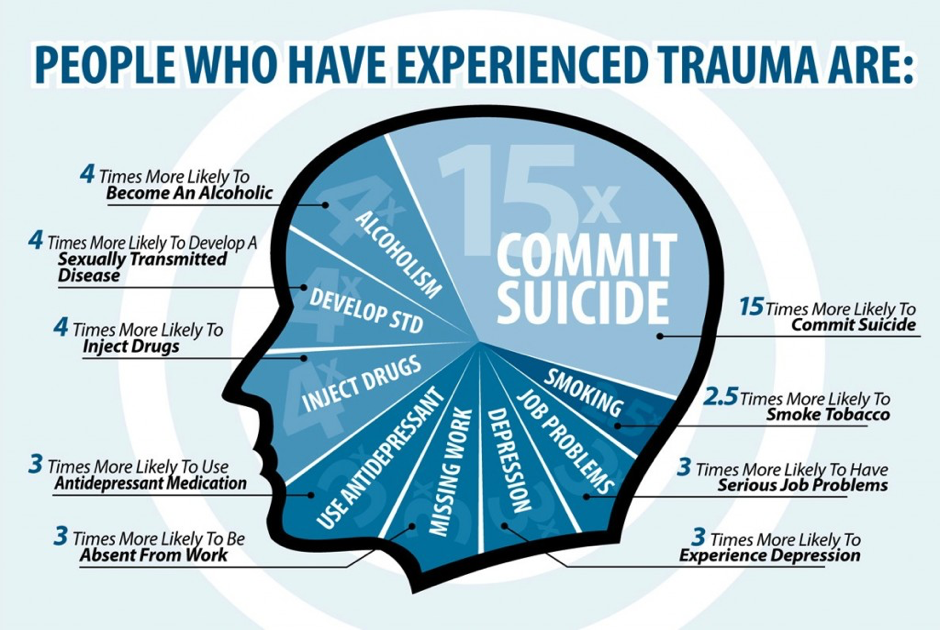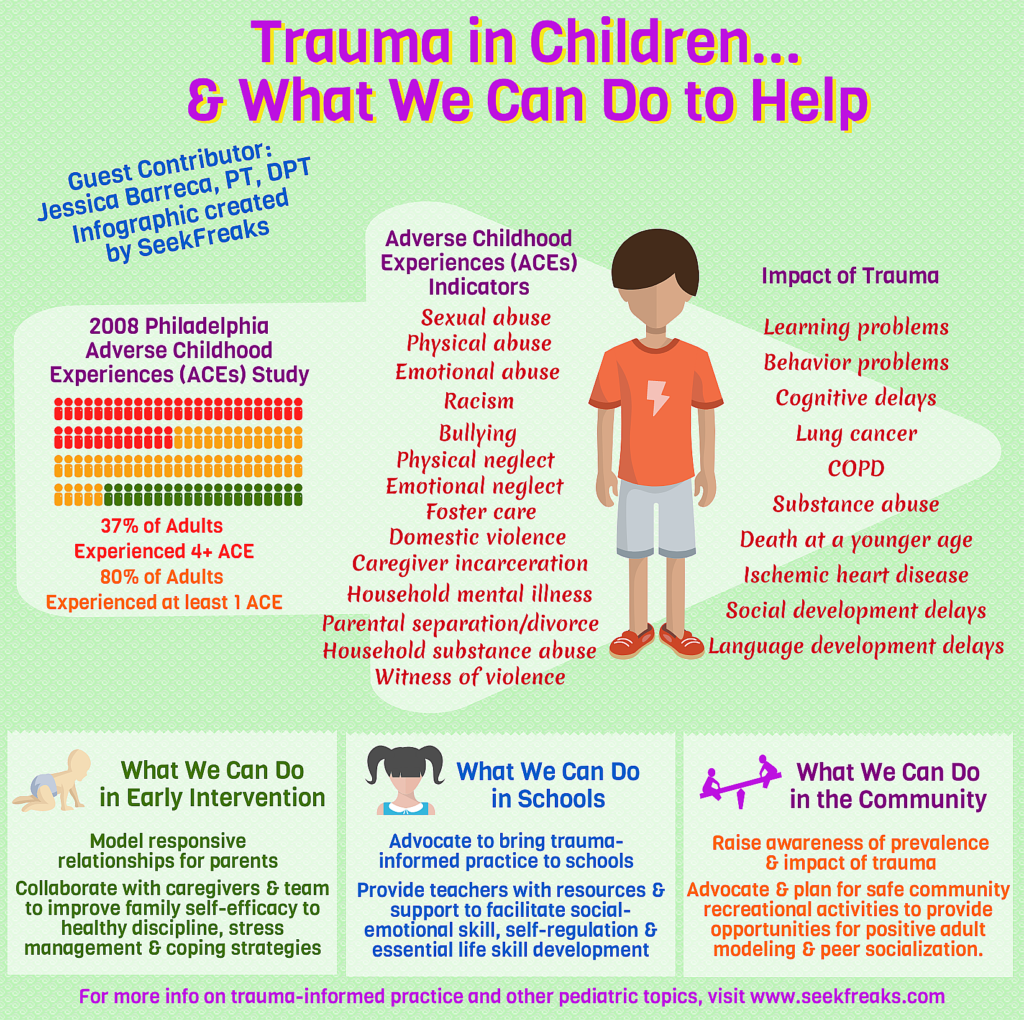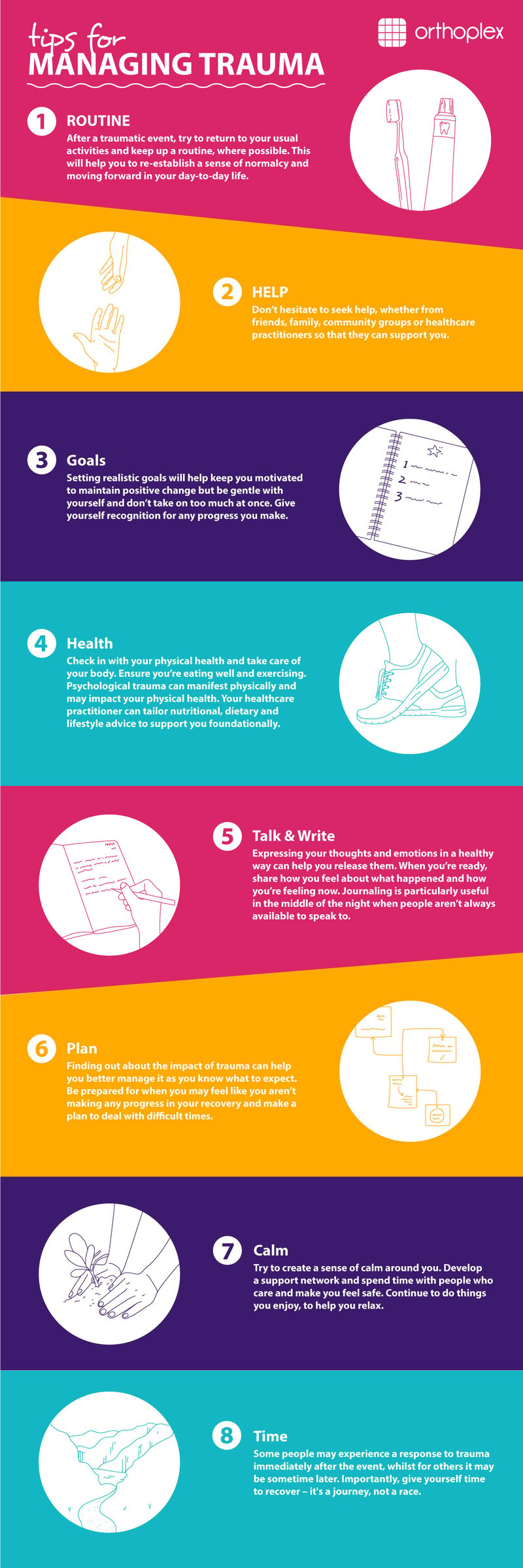Lessons I Learned From Info About How To Deal With A Traumatic Event
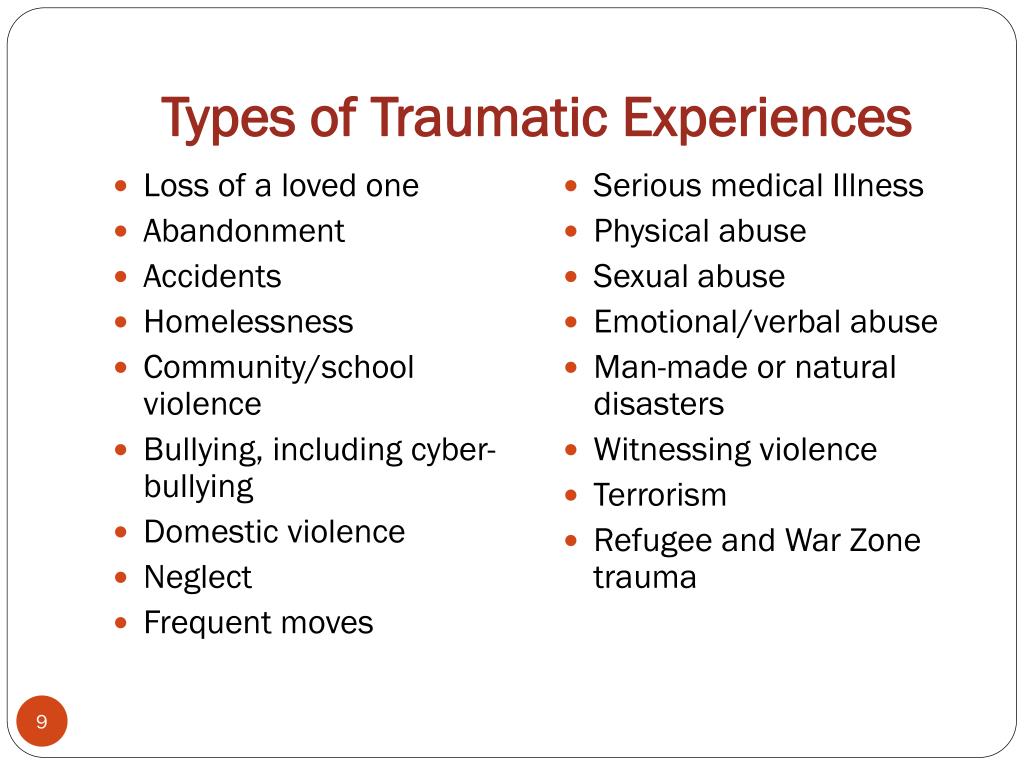
How can i find help for coping with.
How to deal with a traumatic event. Ptsd involves a set of four symptoms: Trauma can cause strong feelings and difficult experiences. It is typical for children and adolescents to have a range of reactions after experiencing or witnessing a traumatic.
Recovery, as a general rule, involves a number of tasks. It can cause lasting structural and chemical changes in your brain that keep you locked in “ fight, flight, or freeze ”. Helping your child cope with a disaster or traumatic event kids and trauma recovery tip 1:
Rebuild trust and safety tip 2: Key points it is normal to feel a range of emotions, including sadness, fear, and helplessness, after a traumatic event. How do children and adolescents respond to traumatic events?
Witnessing or experiencing trauma can permanently. Talking over what you’re going through with others who’ve had the same experience, or are still going through it, can be helpful after a trauma. Recovery happens in stages trauma isn’t something you can just “get over” with a snap of your fingers.
You may have some difficult. How do children and teens react to trauma? Trauma therapy is a branch of psychotherapy (talk therapy) designed to manage the impact of traumatic events on people's lives.
Types of ptsd and trauma. Trauma is a state of psychological overwhelm. Trauma is any type of distressing event or experience that can have an impact on a person's ability to cope and function.
Trauma can result in emotional,. If it doesn't, it will still be helpful to spend time sitting with your feelings. The first step in coping with being triggered is.
What can i do to cope after a traumatic event? Traumatic events can cause physical, emotional, or psychological, harm. Challenge your sense of helplessness.
It’s as if you are reliving that. Minimize media exposure tip 3: Feeling your feelings, and accepting them, is key to healing from trauma.
Intrusive memories of the traumatic event (often taking the shape of nightmares or flashbacks); It can take time and support to be able to cope. Flashbacks nightmares or trouble sleeping memory issues persistent distressing emotions, including fear, shame, rage, guilt, or shame anxiety or depression.






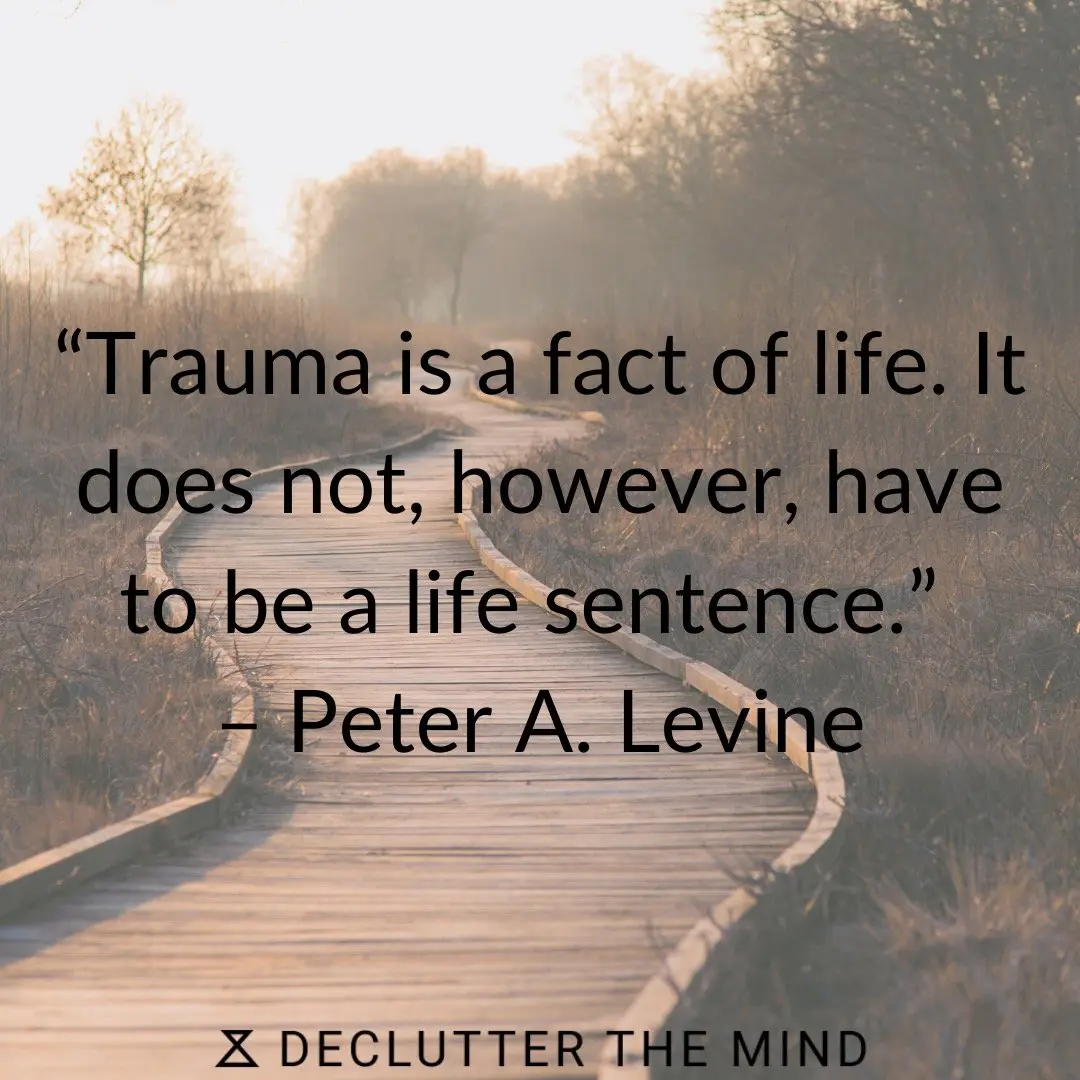
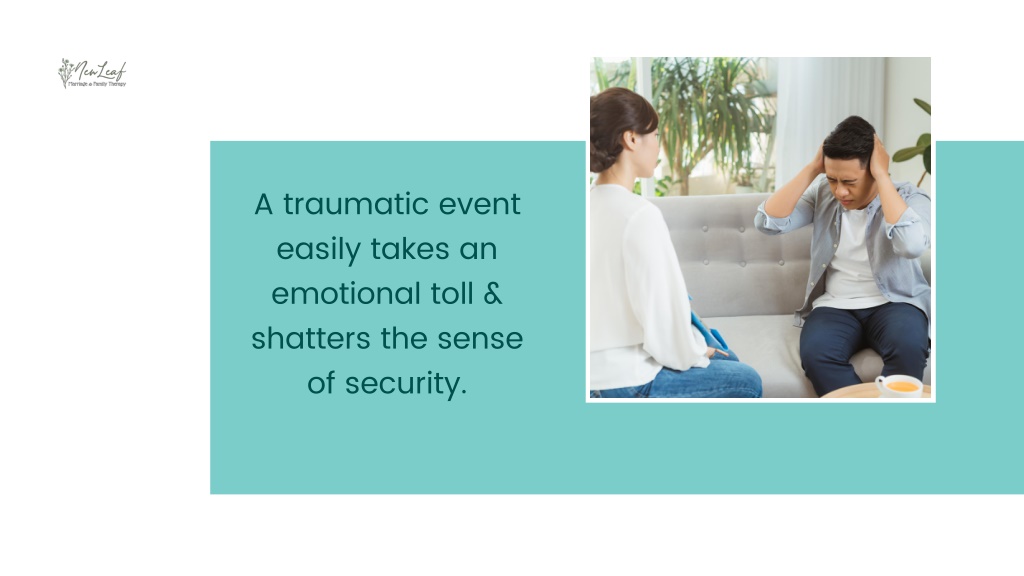
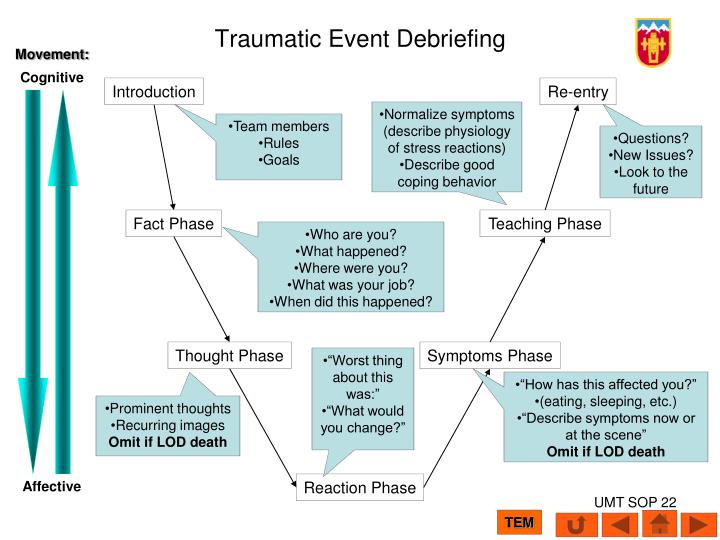

:max_bytes(150000):strip_icc()/what-is-ptsd-5084527-Final-1b6dff50ede842729039d6ecdf544dc5.jpg)

